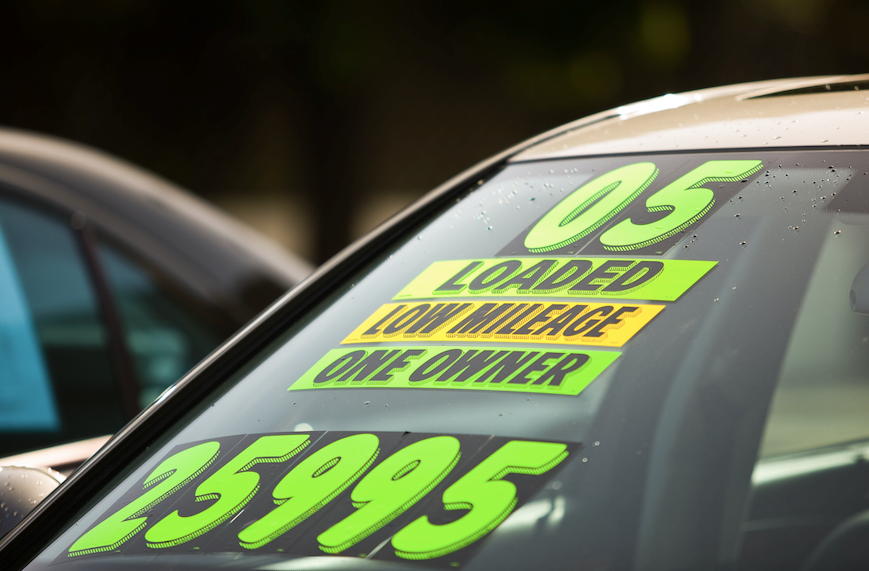Two former business partners at a Coquitlam car dealership have been battling it out in court for two years over an investment scheme that went awry.
Now, one of them has been ordered to pay more than $4 million to their former investment partner and submit to an investigation of their financial dealings to comply with a Supreme Court decision.
In his July 9, 2021 decision, Justice Andrew P.A. Mayer ordered Wook Jun Jung (Eric Jung) to reimburse Hun Bae Kim an amount of $3,909,169 for funds obtained through fraud, as well as $185,000 in punitive damages.
The two had been in business for a few years, with Kim investing in the used car business in Coquitlam. However, the business dealings soured in May 2019 when Kim learned he was being defrauded by Jung, the judgment states.
“Mr. Kim discovered the fraud on or about May 7, 2019, after receiving a tip from an employee at Mr. Jung’s used car dealership. When Mr. Kim confronted Mr. Jung on May 8, 2019, Mr. Jung denied the fraud and offered to clear things up.
“While they were driving to the auto-dealership that Mr. Jung had falsely suggested was involved in the sham auto-resale business, Mr. Jung asked to stop at his home in North Vancouver and then fled into the woods. The plaintiffs later learned that Mr. Jung had gone to Arizona and then returned to Canada the next month.”
$18 MILLION INVESTED IN COQUITLAM LUXURY USED CAR DEALERSHIP
Eventually, the case ended up in court.
According to the judgment, Kim believed he was investing in a business to purchase luxury vehicles through an auction house in Ontario for resale in B.C. and invested more than $18 million.
However, he only received $14 million of his money back, “in what the plaintiffs describe as a one-person Ponzi scheme.”
In February 2020, Jung admitted to defrauding Kim and his company of $4,652,030, as determined by a forensic accountant.
Some outstanding bills were in dispute, however, including the value of cars that Kim sold off to make up the debt.
The judge was also asked to consider whether Jung was forthcoming in his financial disclosures, as required by previous judgments, and if the North Vancouver business man should be required to pay punitive damages.
Kim’s lawyers sought $400,000 on the basis that Jung’s actions were “malicious, pre-mediated and should offend the court’s sense of decency.” However, Jung maintained he shouldn’t be required to pay because he was pressured to accept Kim’s investments and engaged in fraudulent activity to appear that he was meeting his financial obligations.
The judge didn’t accept Jung’s argument that pressure caused him to engage in fraud, given it was complex and carried out over an extended period.
“I take judicial notice of the fact that false investment schemes continue to occur in our society. In my view, an award of punitive damages to deter others from carrying out schemes like that carried out by Mr. Jung is appropriate,” he wrote.
PUNITIVE DAMAGES 'NECESSARY' TO DETER OTHERS — JUDGE
“That is, punitive damages are necessary to create a risk to those participating in an organized fraud.”
The judge ordered punitive damages of $185,000 — or 4% of the amount of the fraud claim but denied special costs.
Justice Mayer also agreed that Jung breached the Mareva order brought against him to control his spending.
“I am not satisfied, beyond a reasonable doubt, that Mr. Jung has failed to disclose a list of his assets as required by the Mareva Order,” Justice Mayer further stated.
“Although I agree that, for example, the legitimacy of the alleged $200,000 in loan repayments and the alleged $1.6 million in gambling losses are suspect, suspicion is not sufficient to ground a finding that Mr. Jung has actually kept these funds and therefore has failed to disclose them as assets.”
To figure out where the money went and what assets are still available, Jung will have his records scrutinized by a Supreme Court registrar, and the remedy for breaching the Mareva Order will be provided at a later date.



